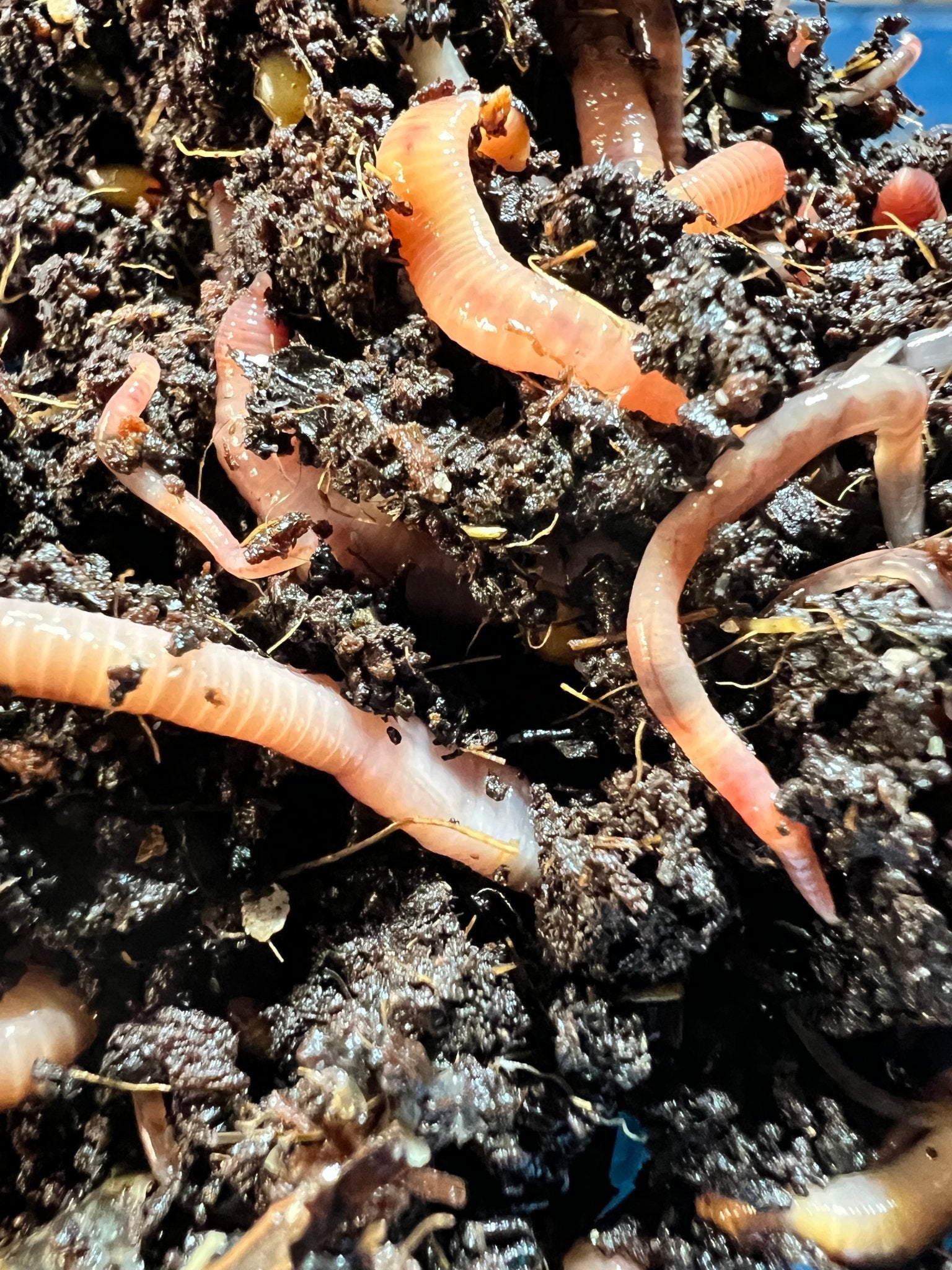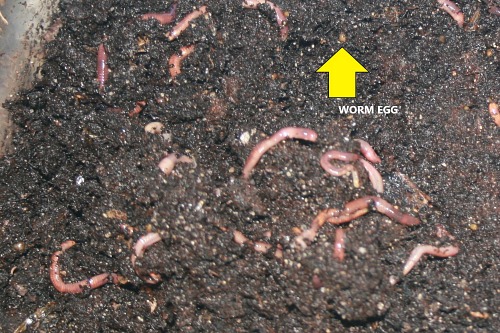Professional Lawn Care Assistance Powered by Lake Hickory Bait for Stunning Results
Professional Lawn Care Assistance Powered by Lake Hickory Bait for Stunning Results
Blog Article
The Extraordinary World of Red Wigglers: Increase Your Dirt Fertility Today
These tiny yet effective organisms change organic waste into beneficial worm castings, substantially improving soil wellness and promoting sustainable techniques. As we discover the advantages of vermicomposting and the useful actions to create an effective worm container, the possible influence of these worms on your gardening success becomes significantly obvious.
Understanding Red Wigglers
Red wigglers, scientifically called Eisenia fetida, are a species of earthworm that play a vital role in boosting soil fertility. These worms prosper in organic-rich settings, such as compost heap and rotting plant product, where they eat natural waste and eliminate nutrient-dense castings. Their unique composition, including a fractional body and a clitellum, permits them to reproduce rapidly and efficiently process big amounts of organic matter.

The ecological value of red wigglers prolongs past plain waste processing; they contribute to the dirt food web, cultivating a varied community of microbes that even more enhance dirt health. Recognizing the biology and habits of red wigglers is vital for harnessing their complete capacity in lasting agriculture and horticulture methods.
Advantages of Vermicomposting
(Red Wiggler Express)Harnessing the power of red wigglers through vermicomposting offers many benefits that considerably improve soil wellness and fertility. One of the main benefits is the production of nutrient-rich worm spreadings, which are an excellent natural plant food. Red Wiggler Express. These spreadings include essential nutrients like nitrogen, phosphorus, and potassium, promoting durable plant development and improving crop returns
Additionally, vermicomposting enhances dirt framework and aeration. The existence of worm spreadings boosts soil texture, permitting far better water retention and drainage. This balanced wetness degree is critical for root advancement and the general wellness of plants. Furthermore, red wigglers help break down natural issue, speeding up disintegration and recycling nutrients back right into the dirt.
Vermicomposting additionally fosters microbial activity, which is essential for a healthy and balanced soil environment. Beneficial bacteria prosper in the visibility of worm spreadings, assisting in the failure of natural products and boosting nutrient accessibility to plants.
Finally, vermicomposting functions as an efficient waste administration option, decreasing landfill waste by recycling cooking area scraps and various other natural materials. This not just adds to environmental sustainability yet likewise promotes a round economic situation within horticulture and agriculture.
How to Establish a Worm Container
Establishing up a worm bin is a straightforward procedure that can dramatically improve your composting efforts. Begin by selecting an ideal container, which can vary from a commercially readily available worm container to a basic plastic or wooden box (Red Wiggler Express). Make certain the container has appropriate ventilation; small openings in the lid and sides will certainly assist in air circulation
Following, produce a bedding layer to give a comfortable setting for the red wigglers. This can be made from shredded newspaper, cardboard, or coconut coir, dampened to a moist, sponge-like uniformity. Fill up the container to about one-third complete with this bed linen material.
When the bedding is prepared, it's time to present the worms. Red wigglers thrive in natural waste, so place them carefully onto the bedding. Cover the worms with a light layer of added bedding to aid them accustom.
Feeding Your Red Wigglers
Providing the ideal food for your red wigglers is vital for their health and wellness and the efficiency of your composting system. Red wigglers prosper on a diverse diet plan, largely including natural materials such as vegetables and fruit scraps, coffee grounds, and shredded paper. These materials not just provide necessary nutrients but likewise add to the microbial activity in the worm bin, which is critical for the worms' digestion.
It is essential to avoid specific foods, such as milk items, oils, and meats, as these can attract bugs and develop unpleasant odors. In addition, citrus peels and overly hot foods must be limited because of their possible to harm the worms. A well balanced approach to feeding includes monitoring the amount of food presented to the container, ensuring that it is taken in within an affordable period to avoid excess waste buildup.
To promote ideal digestion, it is helpful to slice or shred bigger food products prior to adding them to the container. This practice find more boosts the surface location for microbial activity, promoting quicker disintegration and boosting the total performance of your composting system. Frequently observing the worms' feeding routines will assist you adjust their diet as necessary.
Using Worm Castings in Your Yard

(Red Wiggler Express)Integrating worm castings right into your yard can be achieved by mixing them right into the dirt or using them as a leading clothing. The slow-release nature of these castings ensures that nutrients are readily available to plants over a prolonged period, decreasing the need for artificial fertilizers. Additionally, worm spreadings consist of helpful bacteria that promote healthy and balanced soil ecosystems, boosting the general resilience of your yard.
To take full advantage of the advantages, goal to apply about one part worm spreadings to three components soil in your growing beds. Regular applications can cause improved plant returns and healthier plants, making worm spreadings a vital resource for both newbie and experienced garden enthusiasts alike. By using this natural modification, you can cultivate a successful garden while contributing to lasting gardening methods.
Conclusion
In verdict, red wigglers exemplify the crucial duty of vermicomposting in boosting dirt fertility. Their ability to convert organic waste into nutrient-rich castings considerably enhances soil structure and supports microbial diversity.
Report this page